Black Mirror and The Twilight Zone are like sister shows. When Black Mirror premiered in 2011, it was immediately compared to The Twilight Zone thanks to its morose subject matter, pessimistic thematic material, and cautionary stories. Like the older show, it used science fiction to comment on the flaws of modernity and provided us with a unique angle from which to view 21st century technology.
Due to their similarities, they are often being compared. However, we don’t know if they CAN be compared, as they each have their good and bad qualities. One show is not inherently better than the other. These are five things that Black Mirror did better than The Twilight Zone, and five things that The Twilight Zone did better than Black Mirror.
Black Mirror: Production Values
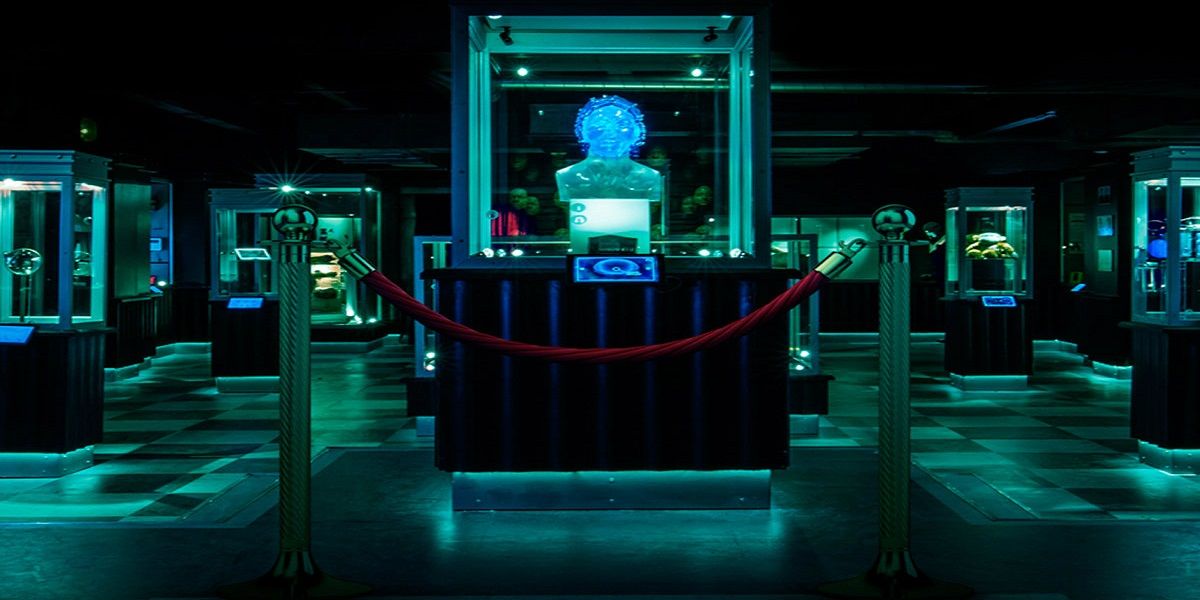
This one goes without saying, but the production values are far better on Black Mirror than they are on The Twilight Zone. Black Mirror realistically and convincingly portrays futuristic locations and pieces of technology, and every episode is professionally shot, scored, and edited.
Meanwhile, The Twilight Zone ran from 1959 to 1964, and it shows. Sets and props are obvious, the costumes look amateurish, and the camera work is rudimentary. On top of that, it was shot in black and white, and while that is merely a product of its time and budget, it means that the series hasn’t aged as gracefully as it otherwise could have. For production values, we’re giving the point to Black Mirror.
The Twilight Zone: Iconic Episodes
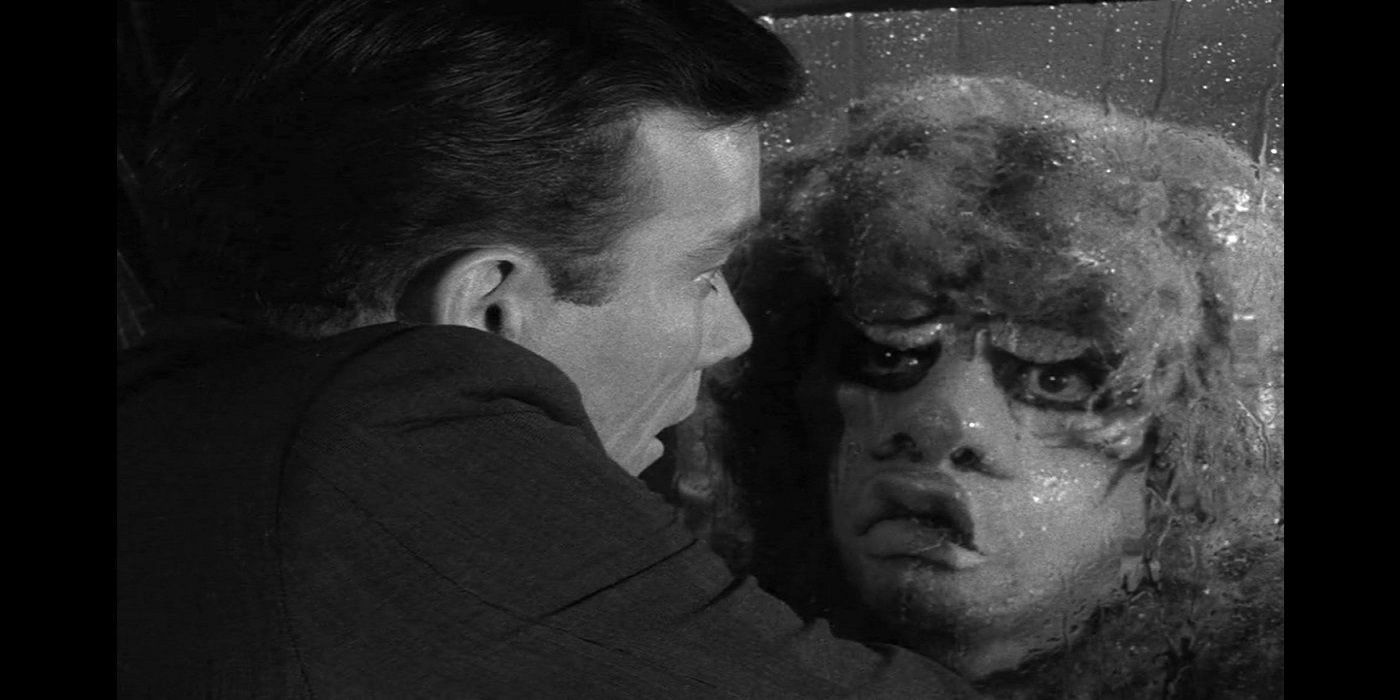
It may not be fair to directly compare the episodes, as The Twilight Zone is sixty years old, whereas Black Mirror was released at the beginning of the decade. That said, we think it’s safe to say that Black Mirror doesn’t have the reputation and legacy that The Twilight Zone enjoys.
When it comes to Black Mirror, few episodes truly stand out as iconic pieces of television. Sure, there are a few outliers like “White Christmas,” “Shut Up and Dance” and “USS Callister” that have received particular praise, but few have managed to enter the pantheon alongside “Eye of the Beholder,” “Time Enough at Last,” “Living Doll” and “Nightmare at 20,000 Feet.” Maybe in time, but certainly not right now.
Black Mirror: Emphasis On Technology
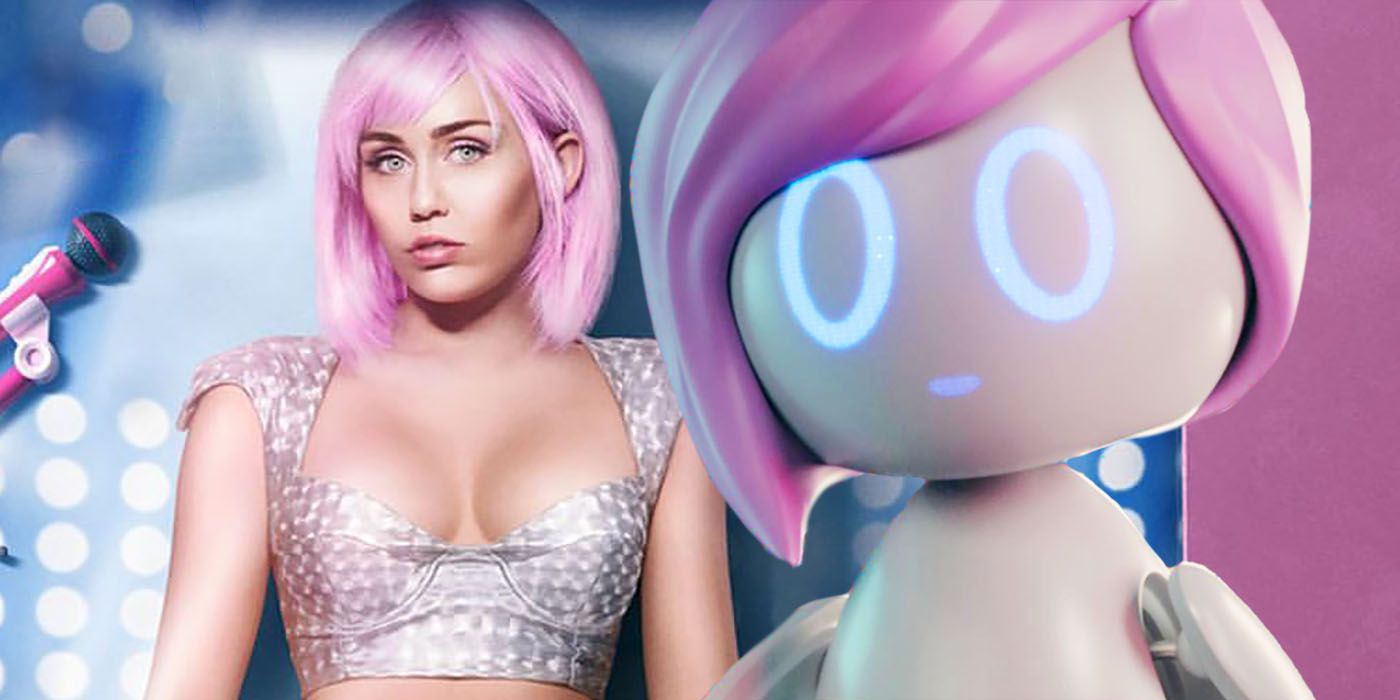
Black Mirror has placed most of its emphasis on the dangers and unseen consequences of continued technological advancement. while The Twilight Zone would touch on technology from time to time, it didn’t have nearly the same impact as it does on Black Mirror.
Perhaps that’s because Black Mirror comments on the near-future and the technology of the time, whereas The Twilight Zone is significantly outdated. Even in its heyday, though, The Twilight Zone wasn’t particularly revered for its comments and portrayals of technological advancement. It may have commented on things like television and nuclear weapons, but it was never done in particularly engaging or realistic fashion.
The Twilight Zone: Consistency
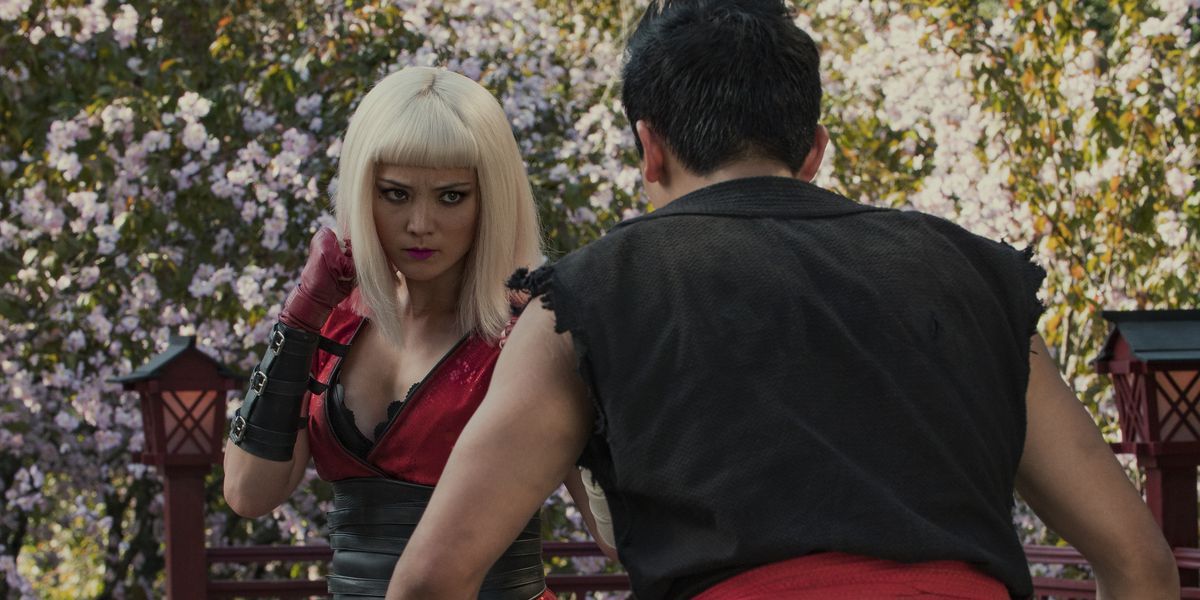
The medium of television has a major problem with consistency. Aside from a handful of quality programs, most shows gradually become worse over time. Unfortunately, that is exactly what happened to Black Mirror. While the original Twilight Zone ran for 156 episodes, it remained relatively consistent throughout its five-season run.
However, it’d be incredibly difficult to find a Black Mirror fan who considers Season Four or Five to be the show’s best. Season 4 contained some of the worst episodes of the series, including “Arkangel,” “Crocodile” and “Metalhead,” and Season 5 is generally considered to be a total write-off.
Black Mirror: Acting
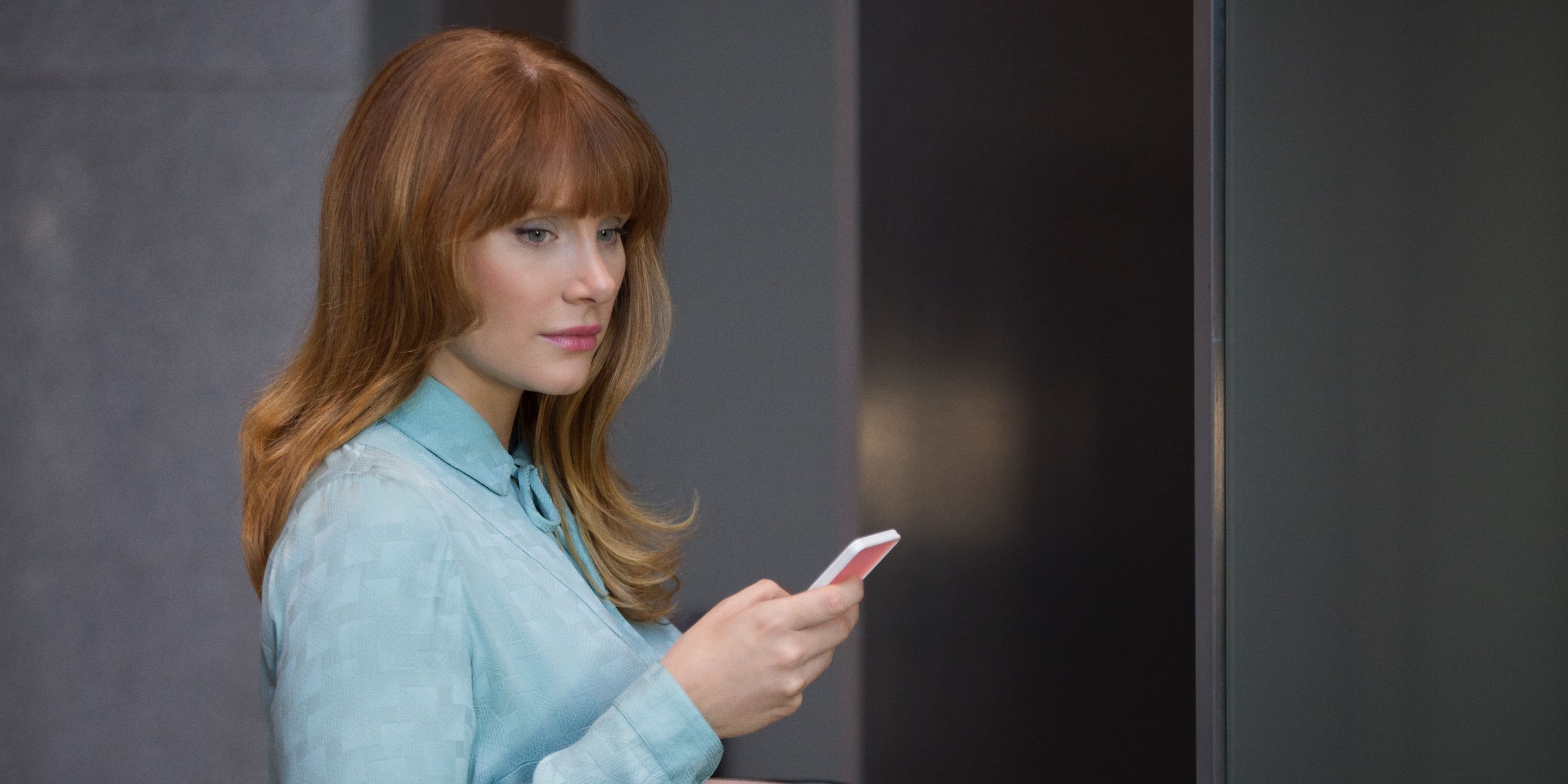
This is another unfortunate side effect of The Twilight Zone‘s age. Back in the early 60s, television acting wasn’t as good as it is today. In fact, it could be downright bad. While there are a few notable standouts like Burgess Meredith, most of the actors on The Twilight Zone are unconvincing and old-fashioned, and it can serve as a major barrier of entry for modern viewers more accustomed to realistic acting.
Meanwhile, Black Mirror is full of great actors and actresses, many of whom give Emmy-worthy performances. When it comes to actors like Jon Hamm, Alex Lawther, Daniel Kaluuya, Rafe Spall, Bryce Dallas Howard, Andrew Scott, and Jesse Plemons, there is simply no comparison.
The Twilight Zone: Horror Elements
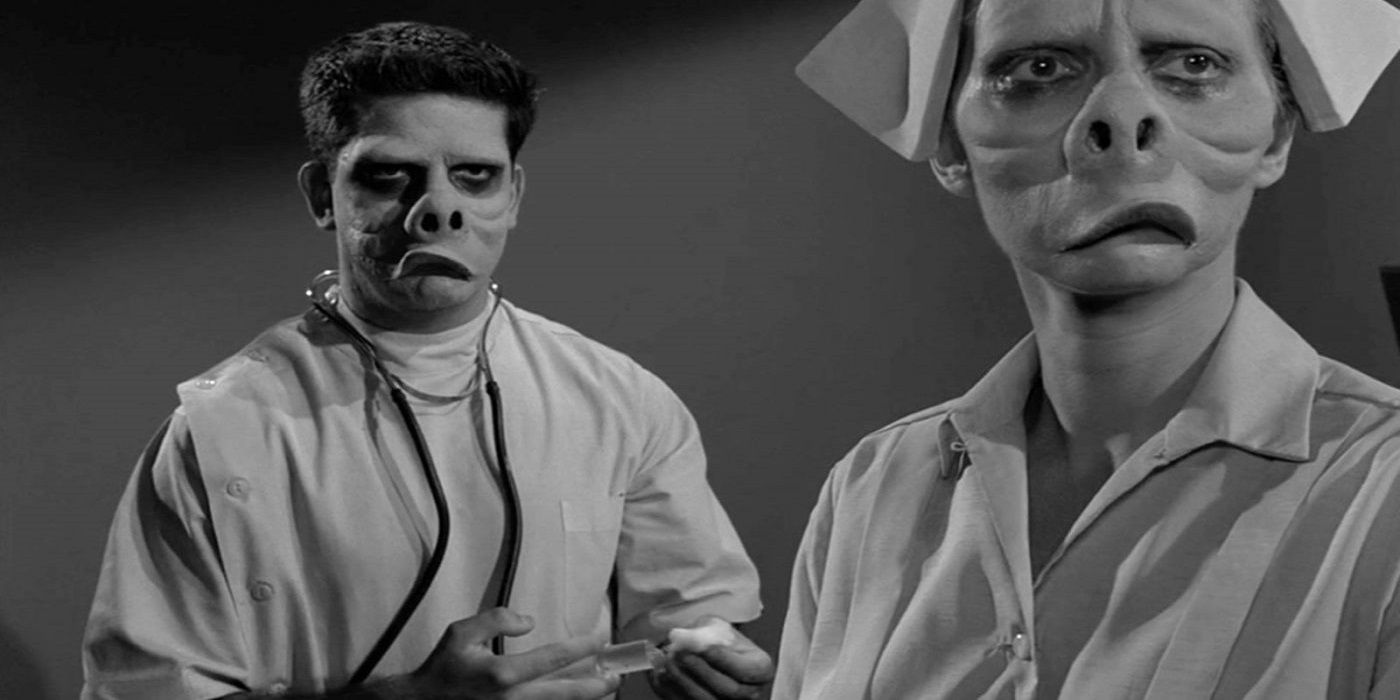
Black Mirror isn’t a horror show, as it relies more on dread than traditional scares. That said, it can get scary when it wants to. Episodes like “White Bear,” “Hated in the Nation,” “Men Against Fire” and “Metalhead” all have pronounced horror elements, and “Playtest” is almost entirely devoted to scaring the audience through traditional haunted house shenanigans.
While these are certainly effective, they aren’t as effective as The Twilight Zone. The Twilight Zone not only preys on our primal fears, but it also features many traditional scares that have become iconic pieces of television. We’re thinking specifically of the ugly doctors in “Eye of the Beholder,” “the Living Doll,” and of course the monster in “Nightmare at 20,000 Feet.”
Black Mirror: Creativity
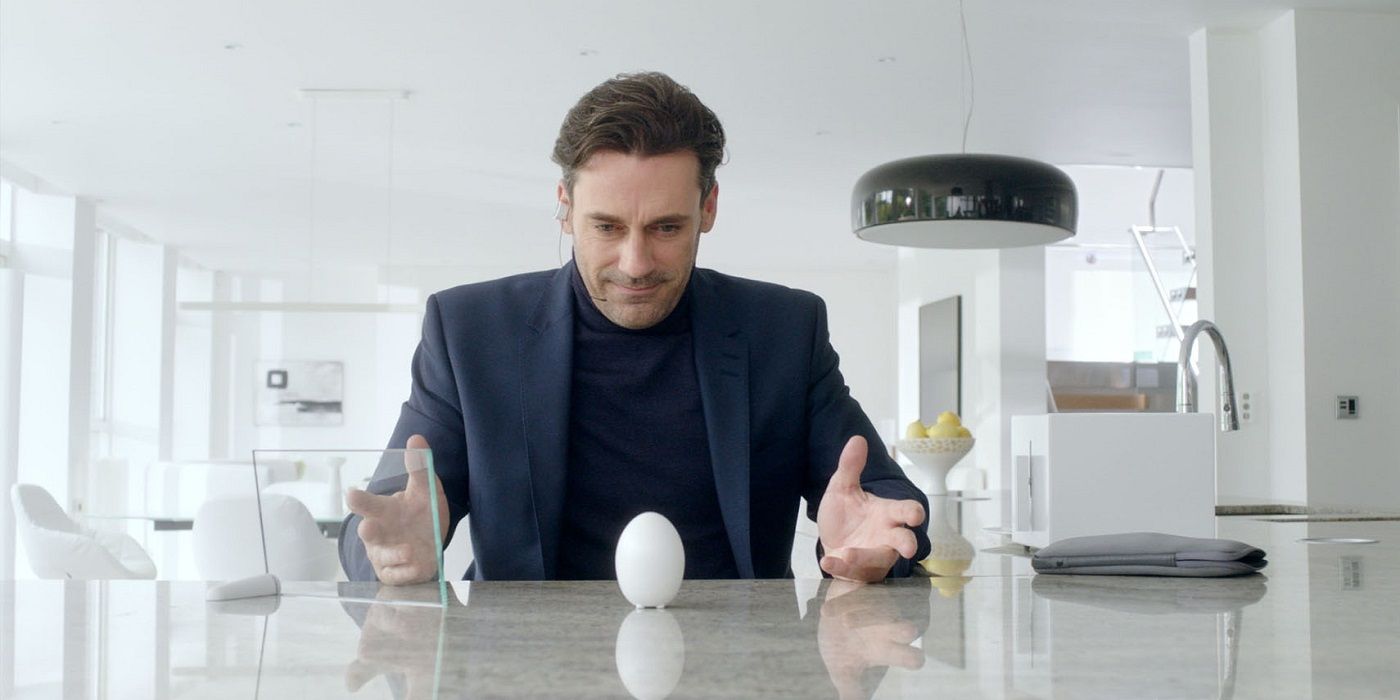
Due to Black Mirror‘s emphasis on technology, it tends to be far more imaginative and creative than The Twilight Zone. There’s a story of people underground riding stationary bikes to generate electricity and earn a form of currency called merits. There’s grains that can record everything a person sees and hears.
There’s even a simulated reality where the dead and elderly can upload their consciousness and live in their younger bodies. There are things called “cookies” that store a digital copy of a human’s consciousness. In short, the possibilities truly are endless, and it is wondrous to behold.
The Twilight Zone: Variety
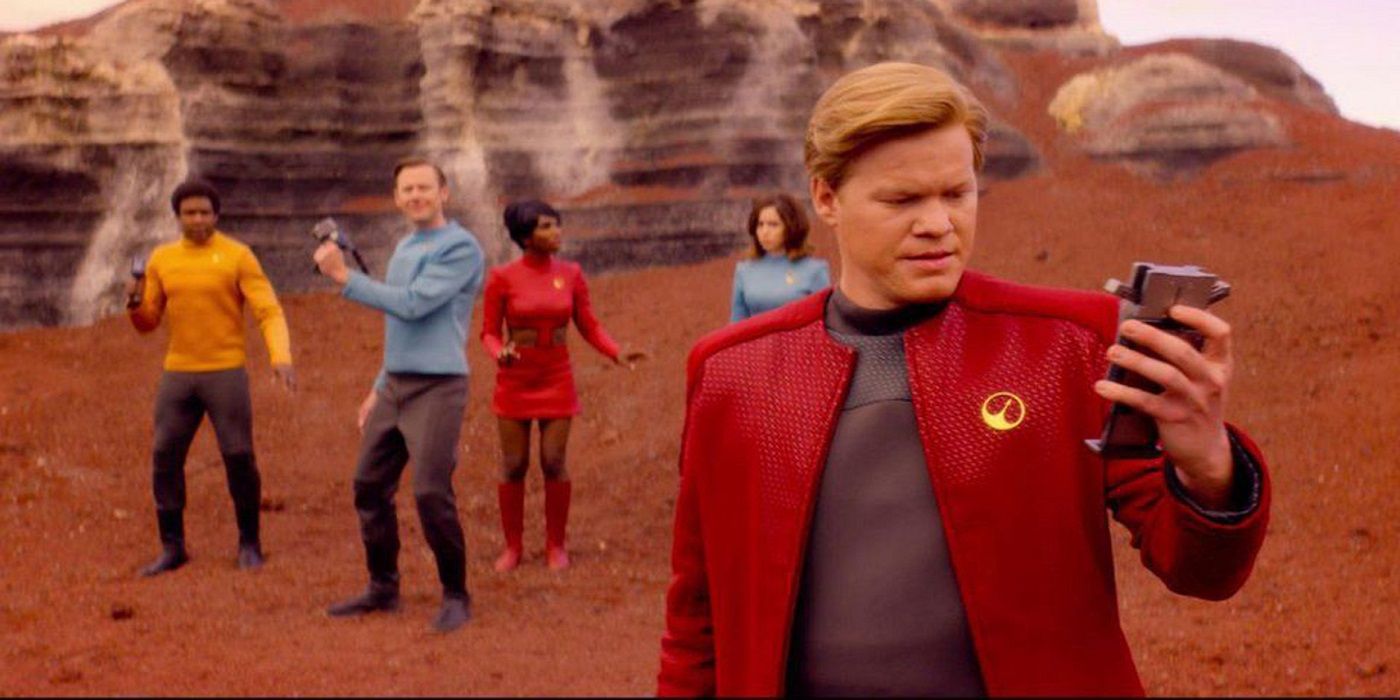
No matter how creative Black Mirror can be, though, it does fall short in the variety department. A LOT of episodes, including “White Christmas,” “San Junipero,” “Playtest,” “USS Callister,” “Black Museum” and “Hang the DJ,” all deal with simulated realities and artificial consciousness.
“White Bear” and “Shut Up and Dance” both share the same plot twist (the protagonist was the bad guy all along). Put simply, Black Mirror contains a certain DNA. Meanwhile, The Twilight Zone tells a wide range of stories, each as scary and impactful as the last. They may be rather traditional stories, and they may not be as creative, but they are certainly more varied and fresh.
Black Mirror: Entertainment Factor
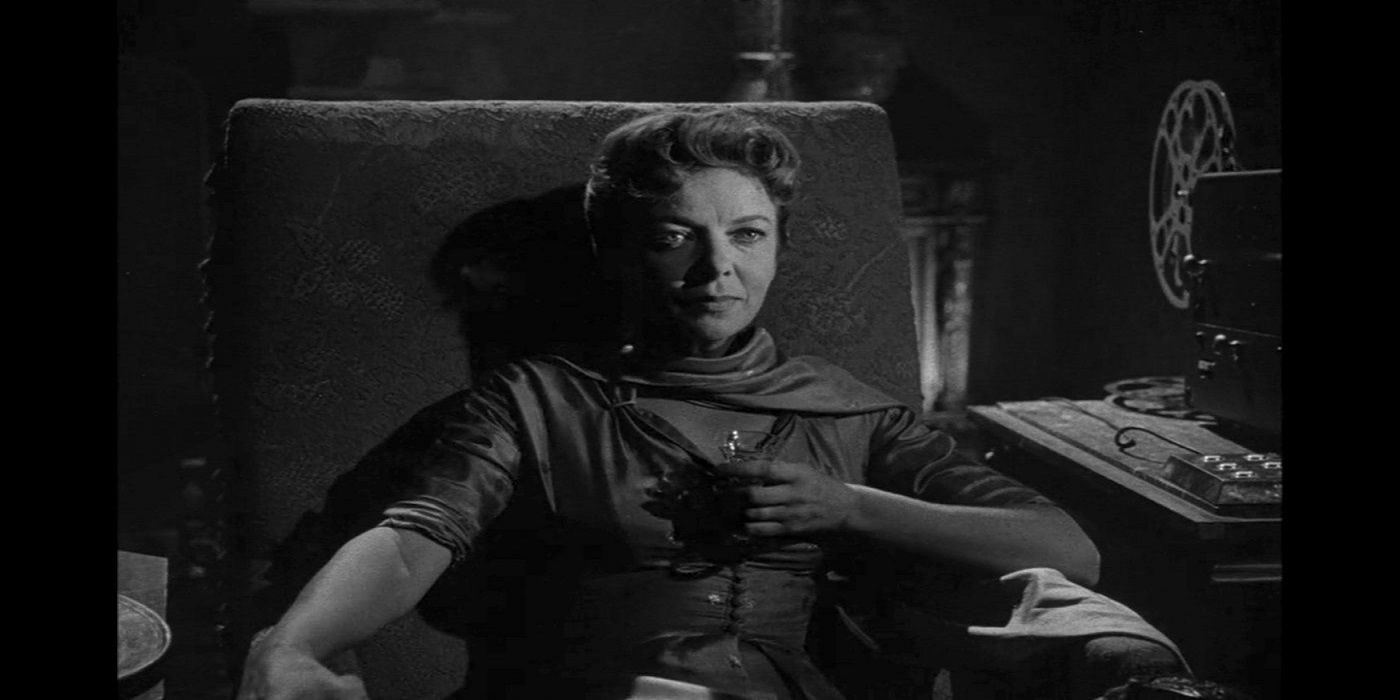
As monumental as The Twilight Zone is, there’s no denying that it can be a little dull and slow for modern audiences. Even the iconic episodes may seem primitive and “boring” by today’s standards. Sure, this was probably game-changing stuff back in the early 60s, but there’s no denying that the show feels “old.”
Meanwhile, Black Mirror is absolutely riddled with “fun” things that keep the viewer engaged. Whether it’s fanciful pieces of technology and set design, modern movie stars, exciting action set pieces, wacky costumes, or disgusting/horrifying moments in the story, there’s always something to keep the viewer engaged and entertained. Meanwhile, we can’t exactly picture a modern viewer being particularly thrilled or engaged by “The Sixteen-Millimeter Shrine,” you know?
The Twilight Zone: Legacy
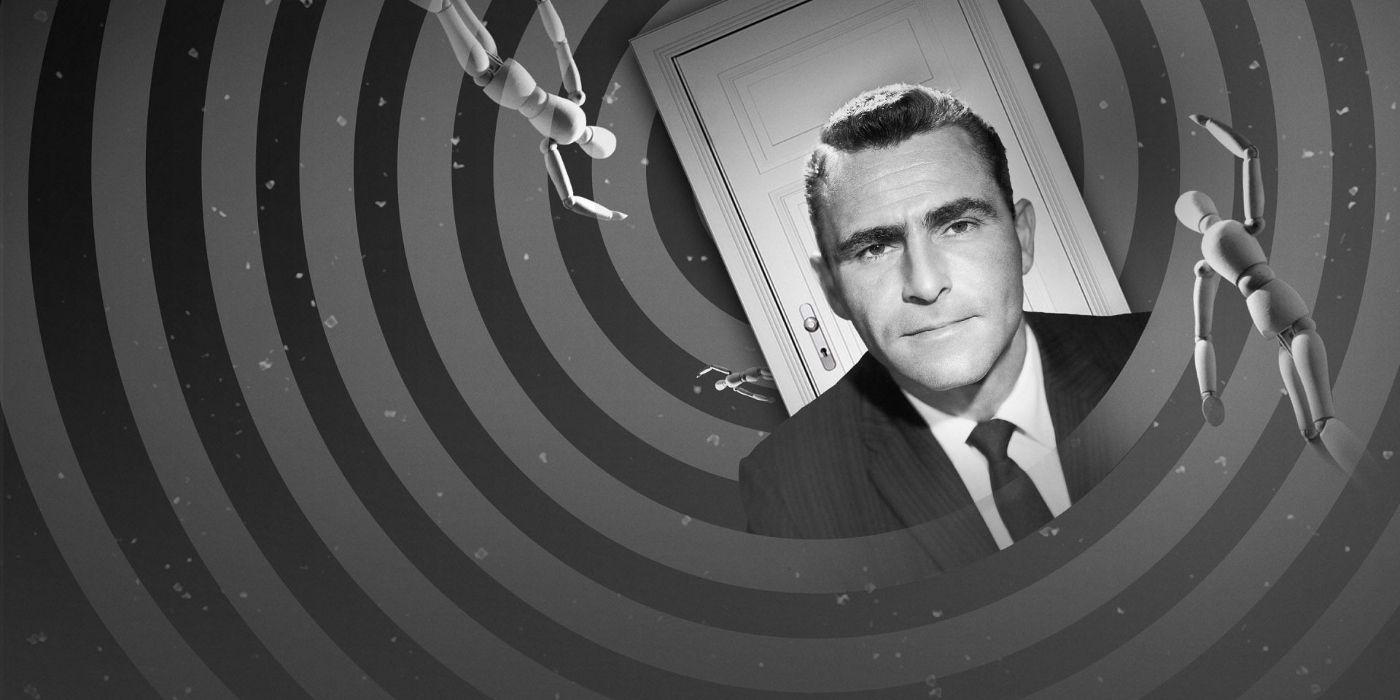
The Twilight Zone is a bona fide masterpiece of television. It was enormously popular in its day, it transcended the vanilla television of its day, and many of its episodes, scenes, and characters are still fondly remembered. Even now, 60 years later, The Twilight Zone is considered a forerunner of horror television and one of the most influential TV shows of all time.
Meanwhile, Black Mirror will forever be known as “The Twilight Zone of the 21st century.” No matter how good it is, no matter how much it differentiates itself from its obvious influence, it will forever be linked to what came before. Not only that, but the show’s declining quality may signal a slow fizzle out rather than a monumental, decade-defining finish. It’s ALREADY viewed as a shadow of its former self.




